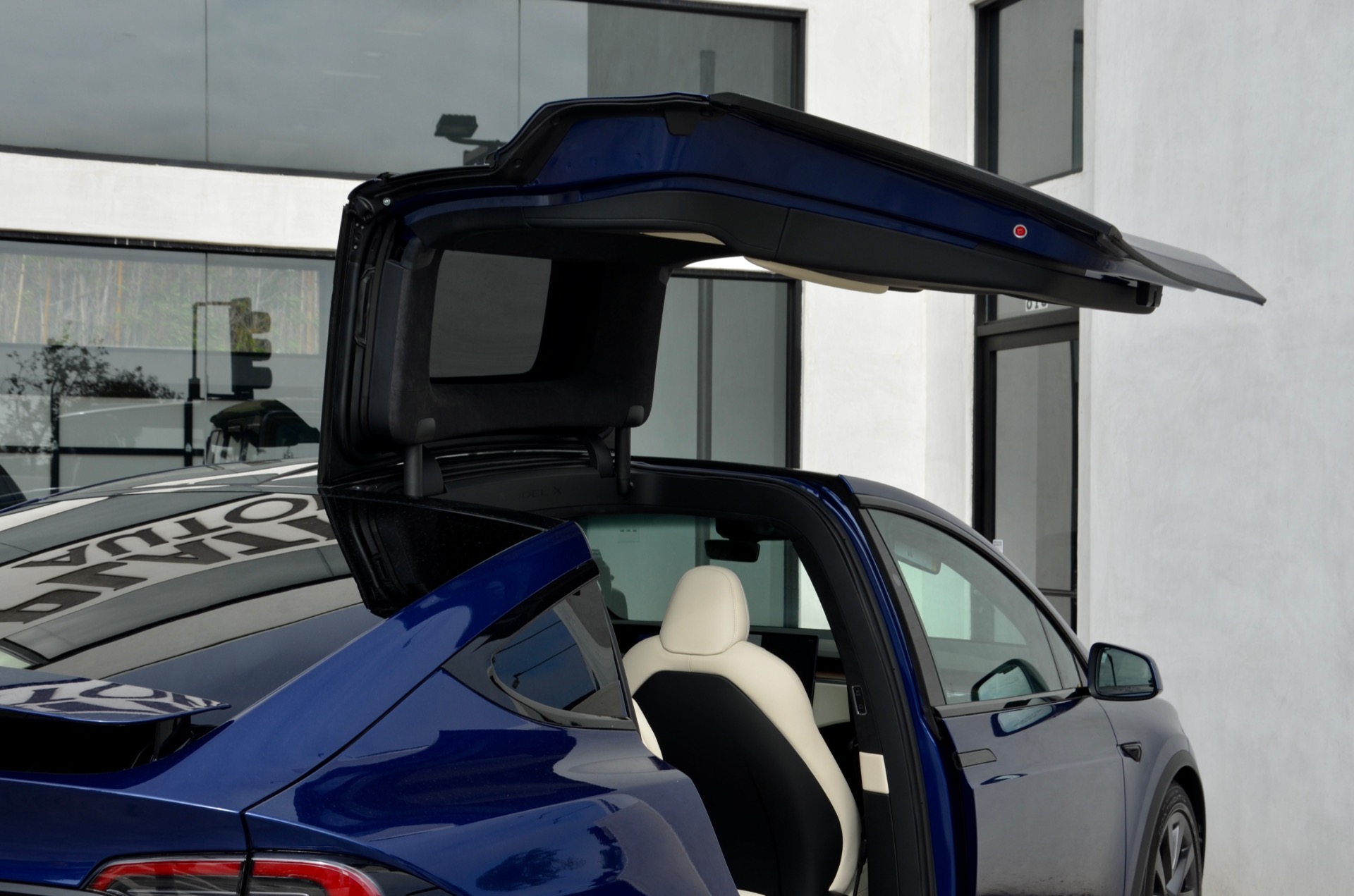
By Edson Baraukwa | Africa Guardian
When Elon Musk unveiled Tesla’s first “master plan” in 2006, the idea that batteries could revolutionize the automotive industry—and global energy systems—seemed far-fetched. Yet today, electric vehicles are gaining market share, and large-scale batteries are replacing fossil-fuel power plants on electrical grids. This year alone, U.S. developers plan to add 15 gigawatts of grid-scale battery capacity.
Michael Spencer believes this transformation is just beginning. “The Tesla master plan has even greater potential in emerging markets, where barriers to entry are lower,” Spencer told TechCrunch.
Spencer, a former Tesla executive, founded Zeno in 2022 to explore how battery technology could reshape life in emerging markets, starting in East Africa. The startup, which has operated in stealth mode until now, has attracted top talent, including Swaroop Bhushan, who helped design Lucid’s powertrain, and Rob Newberry, who oversaw the development of Apple’s AirPort and Apple TV, among others from companies like Gogoro and Tesla. Zeno’s first product is a motorbike with a swappable battery.
But Spencer envisions much more. He believes these swappable batteries will power not just motorbikes, but many aspects of life in Africa.
Motorbike taxis, known as bodabodas, are a common sight in East African cities, providing a cost-effective way to navigate traffic. However, fuel costs are a significant burden for drivers, consuming about 50% of their income, compared to just a few percent for commuters in places like California.
Inspired by Taiwanese startup Gogoro, which pioneered battery swapping for scooters, African entrepreneurs have adapted the concept to their needs. In this model, motorbikes are designed with slots for rented batteries, which can be swapped out at nearby stations when they run low. As a result, startups like Ampersand Solar, Arc Ride, Roam, Spiro, and Zembo have established swap stations across the continent.
Zeno is the latest player to enter this space. The company initially tested 40 Chinese-made electric motorbikes in Kenya to evaluate their durability. Although these bikes didn’t hold up on East Africa’s rugged roads, the experience confirmed Spencer’s belief in the concept—and revealed a new opportunity.
“There was a lot of interest in using the batteries for other purposes when the power went out,” Spencer noted. Some users even tried to modify the batteries to power lights or run small businesses.
Recognizing the need for more durable bikes, Zeno partnered with an Indian manufacturer to produce vehicles tailored to East African conditions. These will soon be joined by additional models, including two-, three-, and four-wheel vehicles, all compatible with Zeno’s batteries.
Larger bikes require more power, so Zeno’s lithium-iron-phosphate (LFP) battery packs store 2 kilowatt-hours of electricity, with each motorbike accommodating two packs. This provides slightly more range than most taxi drivers need in a day.
The extra capacity opens up new possibilities. Spencer’s team has developed docks that allow users to charge phones and run appliances using the motorbike’s spare power. They even prototyped an induction cook stove powered by the swappable battery, creating a versatile energy solution.
Motorbike taxi drivers could potentially return home after work, cook dinner, and still have enough battery power to get back to a swap station the next day. Zeno’s system will be fully connected to the internet, enabling the company to monitor battery usage, predict demand, and offer financing options. The bikes use a Type 6 connector, allowing drivers to charge at public stations or at home if needed. Zeno is also building a charging network that will be open to non-Zeno users.
Zeno’s first motorbikes are expected to hit the roads in East Africa and India in early 2025. Customers will have the option to buy or lease the bikes, which will be priced lower than new gasoline models without the battery. The startup will offer batteries on a subscription basis, though customers can also purchase them outright. The goal is to make the cost of ownership cheaper than that of gas-powered bikes, with further savings over time due to lower energy costs.
Following the bike’s launch, Zeno plans to introduce a home battery dock with optional solar panels, aiming to expand its market reach.
“For those without grid access, you can take your batteries home and use them to power your household,” Spencer explained. “With a solar setup, the docking station doubles as an inverter to charge the batteries, allowing customers to remain Zeno subscribers without needing to swap batteries for years.”
To support its launch and expansion, Zeno recently closed a $9.5 million seed round led by Lowercarbon Capital and Toyota Ventures, with participation from 4DX Ventures, Active Impact, Advantedge, MCJ, and RedBlue.
Zeno’s strategy echoes Tesla’s approach, offering customers electric transportation with lower ownership costs. However, by focusing on portable batteries, Zeno is also enabling users to access energy on demand—much like fossil fuels today. While the motorbike is central to the offering, the battery may prove to be the real game-changer.
___
